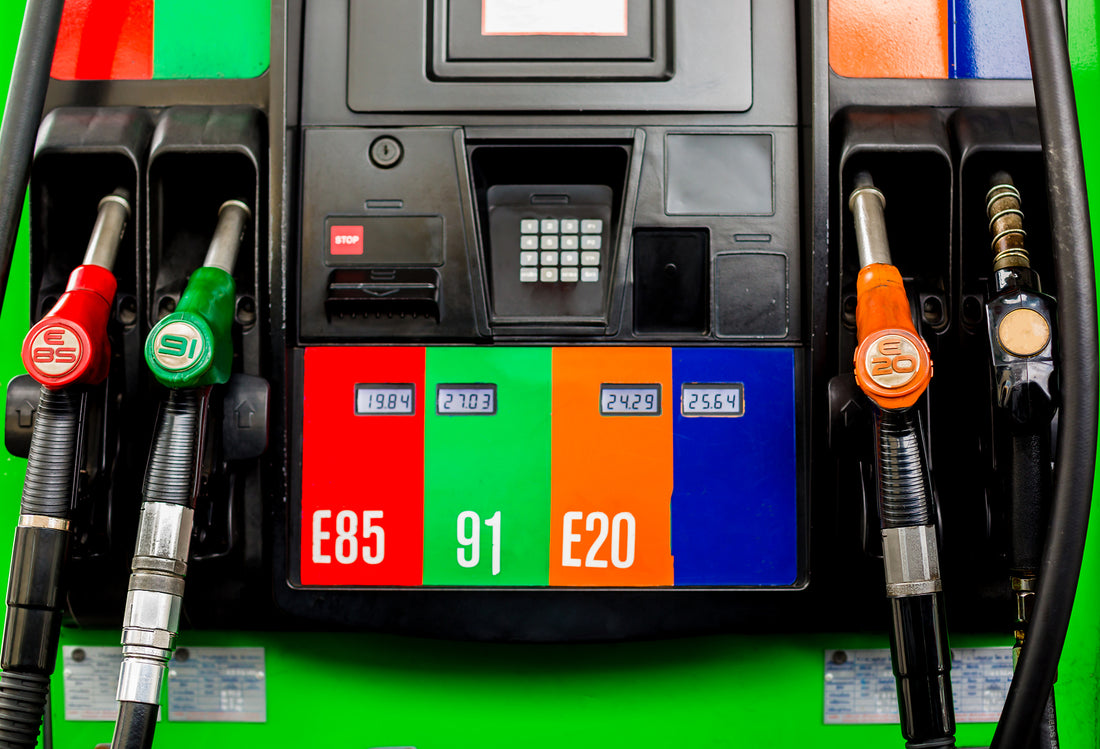
What is e85 fuel?- Part I
Share
E85 is a fuel composed of 85% ethanol and 15% gasoline. It is used in flexible fuel vehicles (FFV) and can run on any combination of ethanol and gasoline, up to 85% ethanol. The ethanol in E85 is made from corn, a renewable resource. FFVs have been available in the United States since the late 1990s. The use of E85 has grown in recent years.
The main purpose of developing E85 fuel was to reduce the amount of harmful emissions released into the atmosphere. Several researchers have analyzed different vehicle fuels. The results show that compared with gasoline, diesel and other alternative energy sources, E85 not only has the characteristics of abundant raw material resources and better power system compatibility, but also has the lowest carbon dioxide emissions. It is more environmentally friendly and helps reduce our dependence on other oils.
Can I use E85 fuel?
E85 can only be installed in certain vehicles, known as flexible fuel vehicles (FFV), which have a fuel delivery system and engine designed specifically for use with E85. To check if a car is a flex-fuel vehicle, visit the relevant websites or look for some signs:
- Yellow fuel tank cap, yellow ring around capless filler cap, or flexible fuel label on filler door
- Markings on the exterior of the car with a label: E85, FFV or Flex Fuel
- E85 is mentioned in the user manual
FFVs are capable of running on ethanol-gasoline blends like E85 and regular gasoline. However, E85 fuel is not recommended for use in any vehicle other than a flex-fuel vehicle. Doing so could damage the engine and void the manufacturer's warranty. Aside from being required for use in flex-fuel vehicles, E85 is not widely available in some parts of the United States.
Benefits of using E85
Environmental impact
Ethanol burns cleaner than gasoline and therefore produces less toxic fumes, giving it an advantage in terms of environmental pollution. It's also favored by environmentalists because it doesn't produce greenhouse gases. Longer engine life - Ethanol fuels burn cleaner and cause less damage to the engine than conventional fuels (primarily because they carry less energy.)
Combustion Facilities
Flex-fuel vehicles are designed to burn a proportional mixture in a combustion chamber. There are electronic sensors to determine mixture, and microprocessors to adjust timing and fuel injection.
Excellent Alternative to Petroleum
FFV uses ethanol made from sugar cane and corn, so is a real alternative to using foreign purchased oil.
Disadvantages of using E85
Using it alone
The use of ethanol is also considered a disadvantage because the crops available for oil production cannot be utilized in any other way. In return, this could lead to higher prices for animal feed.
Damage to Engines
Ethanol can cause damage and corrosion to engines, primarily because it absorbs dirt directly and is more corrosive than other fuels.
Less Fuel Efficient
Perhaps the biggest disadvantage of using E85 in a car is that it reduces the fuel efficiency of the vehicle. Since higher-octane fuels like E85 burn faster, they will lower your car's MPG, and you may find yourself having to refuel more often than a car running on conventional gasoline. The E85 isn't immune to rising gas prices, and if you're getting fewer miles per tank, it might not be worth the switch.
While high-octane fuel is generally better for the environment and will provide better engine performance, most motorists are less keen on having to fill up more than usual.
(The picture comes from the Internet.)
Read more about “What is e85 fuel?”, please click here to read all.
